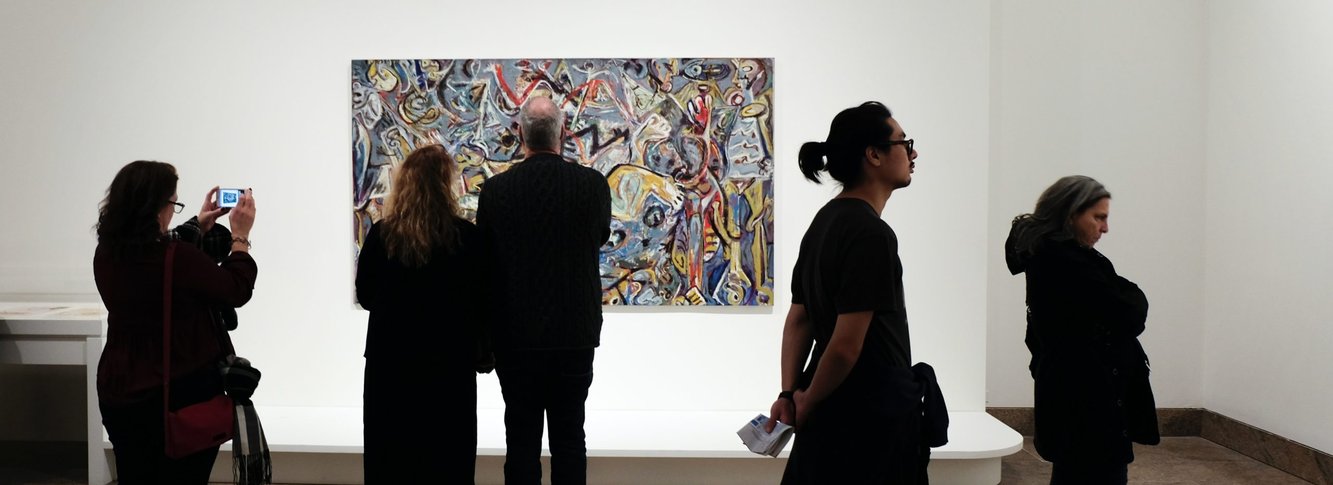| 6 mins read
At a time when the gulf between the 0.1 per cent and the 99.9 per cent is wider than ever, it is ironic that the primary political divide is now along the lines of educational attainment, cultural values, and whether you live in a city or a town. Arguably, the real, financial elites foreground the latter in order to conceal the former. In my book Elitism: A Progressive Defence, I write that this is accomplished to a large extent through anti-elitism.
New battle-lines
It is five years since the EU referendum cemented this shift from traditional left-right politics to a split between the ‘left behind’ and the ‘cosmopolitan elite’. If anything, the split has become even starker.
For example, a recent government report expressing concern that ‘white working class’ children are neglected in schools had in its sights the so-called liberal elite’s apparent obsession with ‘white privilege’. Writing in the Daily Mail, the champion of blue-collar Conservatism David Skelton interpreted Labour losses in Hartlepool and elsewhere as a consequence of the party’s elite snobbery: along with institutions like the BBC, the British Museum and universities, Labour has adopted a “completely metropolitan and middle-class mindset”.
The GB News channel, founded in June, was framed as an alternative to this liberal elite. Its chairman, Andrew Neil avowed that the channel “will not be yet another echo chamber for the metropolitan mindset that already dominates our media”.
Anti-elitism goes mainstream
Anti-elitism is now ubiquitous even in mainstream broadsheet commentary. Because it failed to predict the financial crash and the Brexit vote, the political and journalistic ‘establishment’ has internalised the charge of fatal complacency, and proponents of austerity have pointed to the poshness of much British arts and culture (itself the product of neoliberal policies) to cast them as luxuries we cannot afford.
As a result, too many of us have been persuaded that the big forces influencing society are not the banks, tech giants and multinational corporations, but condescending experts, closed-shop professionals, cosseted culture-vultures and the ‘mainstream media’.
Never mind that eight men own as much wealth as half the world’s population, CEOs earn 300 times the salary of the average worker, and the world’s billionaires added $5 trillion to their wealth during the pandemic. For all its claims to be the voice of ordinary people, GB News is bankrolled by international financiers and hedge-fun managers and part-owned by two Conservative Lords.
In defence of culture and knowledge
Anti-elitism purports to champion the interests of the oppressed, but it has transformed the fight against inequality into anti-intellectualism. As well as being bad for democracy, anti-elitism is also destroying culture and collective knowledge. The pandemic has shown us how much we need those doctors, scientists and journalists who have, in recent years, been branded ‘elite’.
And as we streamed entertainment in our homes, many of us rediscovered the importance not only of those who save lives, but also those who make life worth living. Yet our cultural and media organisations are shedding staff or shutting up shop altogether. Broadcasters, museums and heritage bodies are in the grip of a pincer movement, accused by the populist right of being too ‘woke’ and by the left of institutional racism.
Progressives have traditionally left the defence of beautiful art and big ideas to conservatives, assuming that there’s a natural link between high culture and elevated social status. Yet the rich history of working-class intellectualism shows that it isn’t necessarily so. The word ‘elite’ comes from the Latin ‘eligere’, to ‘elect’: it originally referred simply to elected representatives. In sport, elite just means the best.
A false and damaging association has taken hold between high standards, progressive policies, and power. The arts and academia may lean leftwards, but only in the make-believe currency of the culture wars does this translate into actual clout. And while the phrase ‘liberal elite’ implies that redistributive social democracy is the prevailing ideology in Britain, decades of electoral history suggest otherwise.
Good elitism
I believe that progressives must reclaim good elitism from the unfair taint of privilege. When our institutions are perceived as failing, we should target the reactionary forces attacking their legitimacy and starving them of funds, and not the essential services they perform.
There is much we could do to promote elite values for all: a universal basic income to support those working in shrinking creative and media industries, new funding models for the press, and reinvigorated top-down support for higher education and the arts. But support for those policies depends upon a public change of heart. We must remember that culture is an inherent riposte to the utilitarian overwork ethos that has taken over our lives.
Those branded elite have lost confidence in the principles of reason, veracity, and excellence. It’s easy to rail at MPs, the BBC and liberal newspapers, calling them corrupt, self-serving and inaccurate. But it is time to stand up and be proud: to uphold the arts, expertise, the fourth estate, and the democratic establishment for the benefit of all.

